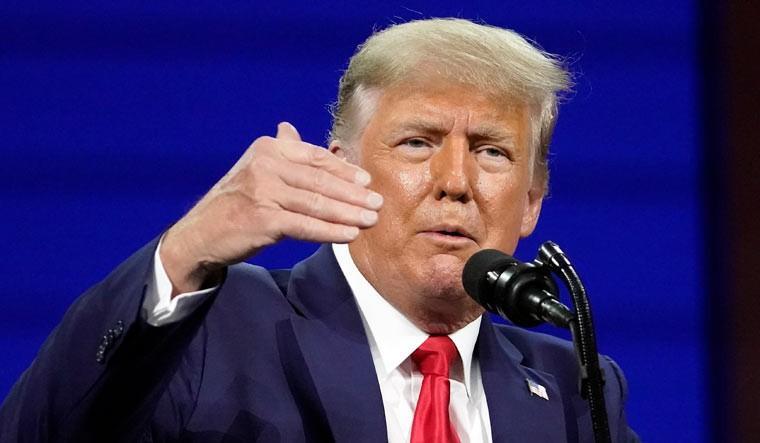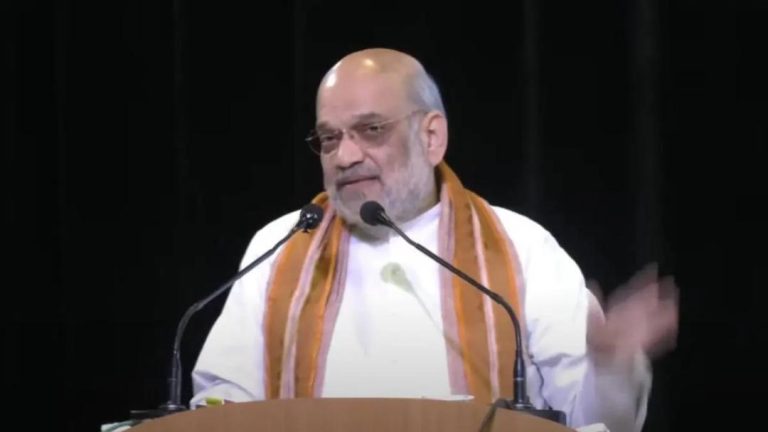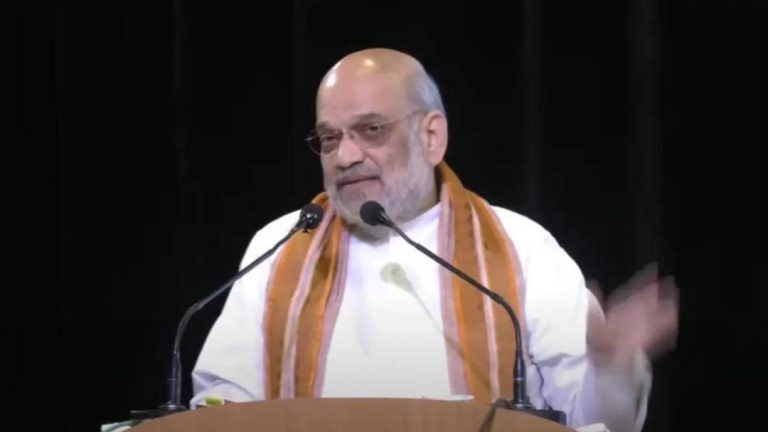
US refuses to co-sponsor UN motion supporting Ukraine
The United States has refused to co-sponsor a draft United Nations resolution that backs Ukraine’s territorial integrity and condemns Russian aggression. This decision has sparked widespread concern and surprise, given the US’s traditional stance on the issue. In the past, the US has consistently co-sponsored such resolutions, but it seems that the current political climate has taken a toll on this long-standing relationship.
The draft resolution, which was put forth by Ukraine and its allies, aims to reaffirm the country’s sovereignty and territorial integrity, as well as condemn the ongoing Russian aggression in the region. The move comes amid escalating tensions between Ukrainian President Volodymyr Zelenskyy and US President Donald Trump, who has been critical of the former, calling him a “dictator”.
Zelenskyy has been a vocal critic of Trump’s administration, particularly regarding the issue of Ukraine’s territorial integrity. In a recent interview, Zelenskyy expressed his disappointment with the US’s lack of support, stating, “I’m not getting any help from the United States. I’m not getting any help from Europe.” This sentiment has been echoed by many in Ukraine, who feel that the international community is not doing enough to support their country’s sovereignty.
The US’s decision to refuse co-sponsorship of the draft resolution has been met with widespread criticism from Ukraine and its allies. Ukrainian Foreign Minister Dmytro Kuleba expressed his disappointment, stating, “We are surprised and disappointed that the United States did not support the Ukrainian resolution at the UN. We will continue to work with our international partners to ensure that Ukraine’s sovereignty and territorial integrity are respected.”
The Russian government, on the other hand, has welcomed the US’s decision, with Foreign Ministry spokeswoman Maria Zakharova stating, “We welcome the fact that the United States did not join the resolution that supports Ukraine’s aggressive actions against its own citizens.” This statement is a clear indication of the ongoing tensions between Russia and Ukraine, as well as the US’s complicated relationships with both countries.
So, why has the US refused to co-sponsor this draft resolution? According to sources, the decision was made due to concerns over the language used in the resolution, which some saw as too confrontational. The resolution calls for the “immediate withdrawal” of Russian troops from Ukraine, as well as the “release” of Ukrainian sailors and citizens held captive by Russia. Some US officials have expressed concerns that this language could be seen as an escalation of tensions, rather than a constructive approach to resolving the conflict.
However, many have criticized the US’s decision as a clear abandonment of its traditional stance on the issue. The US has consistently supported Ukraine’s sovereignty and territorial integrity in the past, and its refusal to co-sponsor this resolution has sent a clear message to the international community.
This decision comes amid a period of heightened tensions between the US and Ukraine. In recent months, there have been reports of increased Russian aggression in the region, including the capture of three Ukrainian naval vessels and their crew members. Ukraine has accused Russia of violating its territorial waters, while Russia has claimed that the vessels were in its waters and were acting illegally.
The situation has raised concerns about the potential for war between Ukraine and Russia, as well as the potential for US involvement in the conflict. In a recent interview, Zelenskyy expressed his concerns, stating, “We are on the brink of war. We are on the brink of a catastrophe. We need immediate help from the international community.”
In conclusion, the US’s refusal to co-sponsor a UN resolution supporting Ukraine’s territorial integrity and condemning Russian aggression has sent a clear message to the international community. The decision has sparked widespread concern and criticism, particularly from Ukraine and its allies. As tensions continue to escalate in the region, it is clear that the international community must come together to support Ukraine’s sovereignty and territorial integrity.




